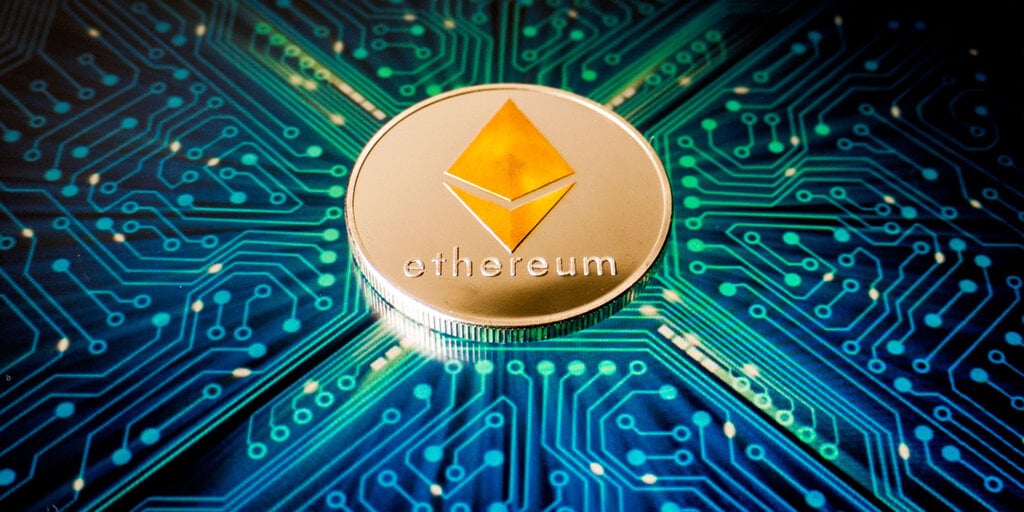OpenAI Releases Latest AI Model GPT-4o
OpenAI, a pioneer in artificial intelligence (AI) technology, unveiled its newest AI model, GPT-4o, showcasing it as an “omnimodel,” during a recent product update presentation. This announcement marked a significant leap forward in AI advancement, as the model aims to revolutionize human-computer interaction with its multifaceted capabilities.
Enhancements and Features
OpenAI’s recent updates not only introduced GPT-4o but also included enhancements to their mobile apps and the launch of a desktop app dedicated to their ChatGPT platform. The emphasis was placed on enhancing user experience, allowing individuals to engage more seamlessly in conversations with ChatGPT. Chief Technology Officer Mira Murati highlighted the importance of simplifying the AI technology to make it more user-friendly and intuitive.
The introduction of an omnimodel system marked a departure from previous approaches, consolidating various functions within a single platform. This streamlined design offers a more cohesive and efficient interaction between users and the AI model, eliminating the need to coordinate various components for different tasks.
Access and Usage
GPT-4o is accessible to both paid and free users of ChatGPT, as well as those utilizing ChatGPT’s API services. Paid subscribers enjoy additional benefits, including increased system capacity, making the AI model more versatile and scalable for different user needs. OpenAI’s commitment to accessibility is evident in their efforts to reduce barriers to entry, such as eliminating the signup process for using ChatGPT.
Real-Time Capabilities and Applications
One of the key highlights of GPT-4o is its ability to process and respond to a combination of text, audio, and image inputs in real-time. This enhanced responsiveness, with response times comparable to human conversations, opens up new possibilities for natural and seamless interactions between users and AI systems. OpenAI also demonstrated the AI model’s proficiency in tasks such as real-time language translation and emotion recognition using mobile phone cameras.
Ethical Considerations and Safety Measures
As AI technologies advance, concerns surrounding misuse and ethical implications have gained traction. OpenAI acknowledged these challenges and emphasized their commitment to implementing safeguards against misuse of GPT-4o’s capabilities. Collaborations with various stakeholders, including government entities and civil society organizations, aim to ensure responsible deployment of AI technologies without compromising user privacy and safety.
Anticipated Impact and Future Developments
The unveiling of GPT-4o generated considerable anticipation among AI enthusiasts, with speculations ranging from its integration into popular voice assistants to potential partnerships with leading tech companies. OpenAI’s strategic collaborations, including a recent deal with Apple, underscore the broad implications of their technology in shaping future consumer experiences and industry standards.
By prioritizing user experience, accessibility, and ethical considerations, OpenAI continues to set new benchmarks in AI development, paving the way for innovative applications and transformative interactions between humans and intelligent machines.
Image/Photo credit: source url





